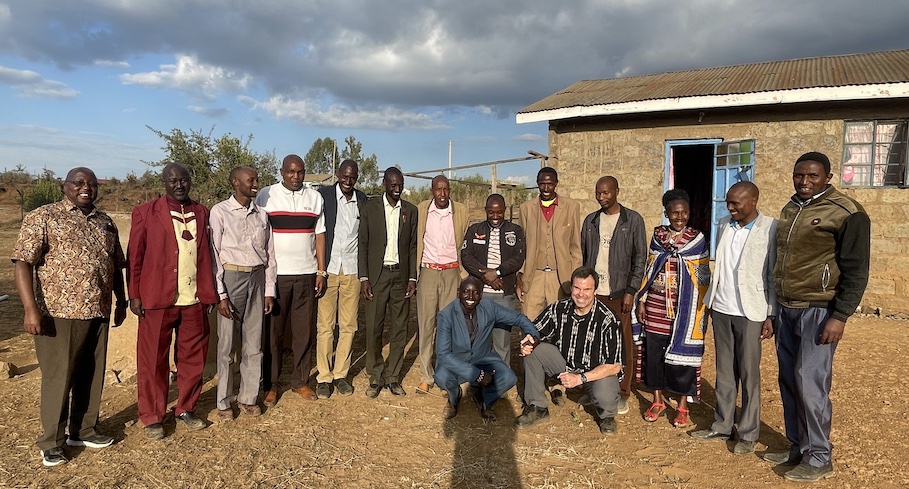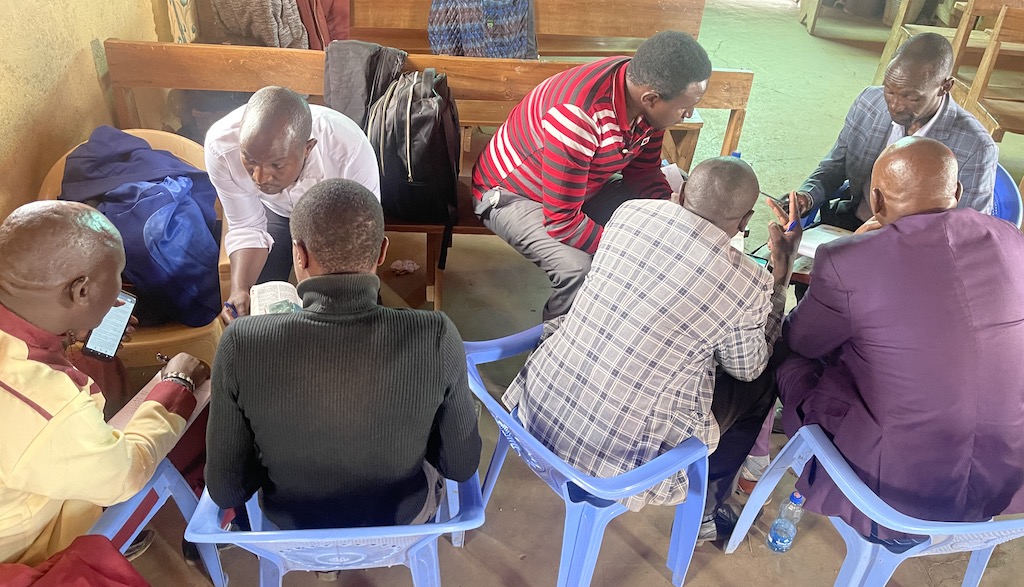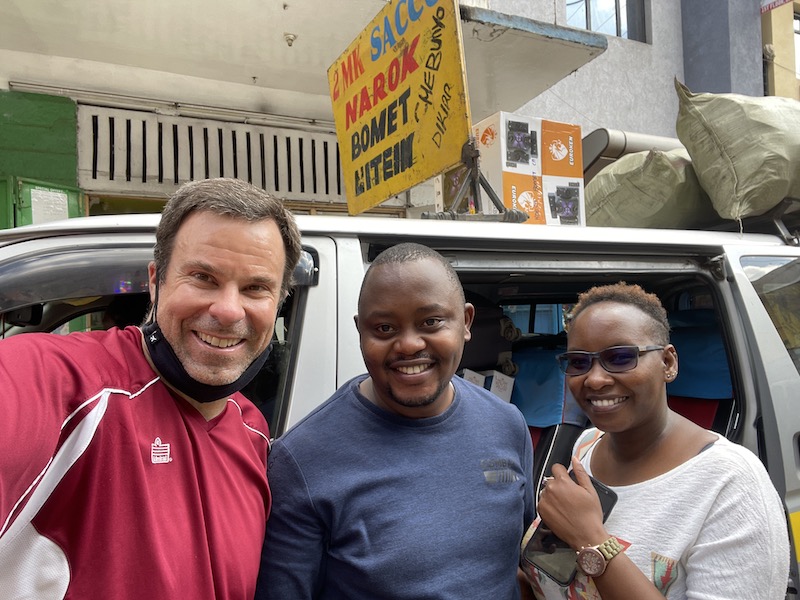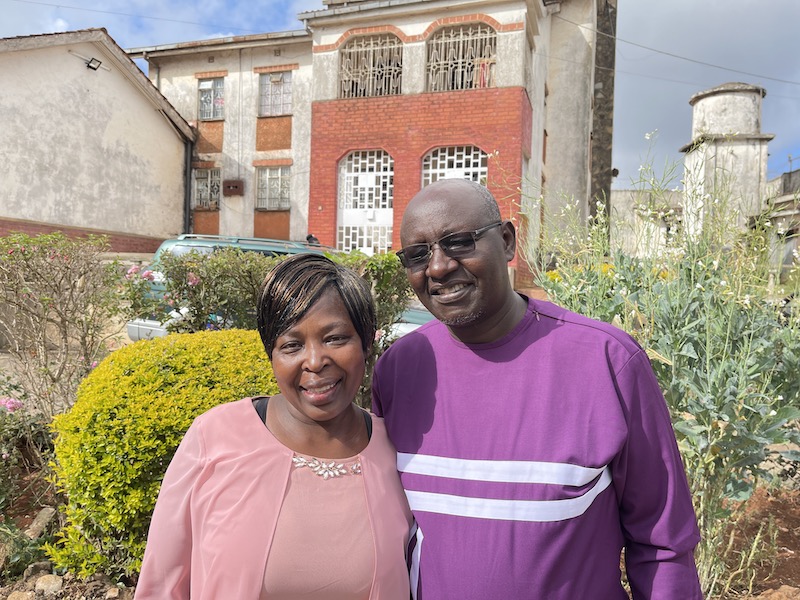Just last night I returned from an outstanding and encouraging time of training 15 pastors in Narok, Kenya, about 3 hours west of Nairobi. The group is made up of Masai pastors who are farmers and herdsman of cows and goats. The region has been severely hit with drought and famine, and the pastors are struggling with their own livestock dying, with churches lacking resources, widows and orphans in need, and other challenges. Yet they are so committed to learning how to study and preach from God’s Word that they left their farms and families for a refresher workshop since I had not met with them for the past two years due to covid restrictions. The joy was obvious as we got into the Word and sharpened each other. The pastors made new discoveries as we looked at passage after passage and applied Pathways principles.

I always find it interesting what the pastors see is most important from passages we study. For example, we look at Genesis 12:10-20, a famine comes to Canaan, and Abram decides to leave the Promised Land and go to Egypt, deceives the Egyptians into thinking Sarai is his sister rather than wife, she is taken into Pharaoh’s house, God intervenes by sending a plague, and Sarai is given back to Abe and he leaves with a boatload of animals and goods. What is most important? No doubt in the minds of African pastors… the famine! This is their world, their reality, and we all tend to read the Bible through the “glasses” or framework of our perspective. For them, famine is most important because it is their experience. In the west, we do the same thing, just seeing different realities. Instead, we need to set our “pre-understanding” aside (as we teach in Pathways) and view things as the author intended for the original readers (in this case, Moses writing to Israelites). The Israelites were leaving Egypt to go to Promised Land, and how strange it must have seemed that Abe left the land promised by God to go to Egypt. We see a lack of faith on the part of Abe at many stages while God remains faithful and protects his promise (Gen. 12:1-7) by making it so Sarai is kept for Abram.

The trip went well, although filled with travel challenges due to Covid restrictions, but by God’s grace and with the help of various African partners, I managed through everything and finished the training well. One example of assistance was a sweet Kenyan couple, John and Nora, who met me at the airport, drove me to their AirBnB, gave me a great price staying there, cooked me breakfast the next morning, and drove me to the bus terminal so I could catch a matatu to Narok.

Duncan and Mary hosted me in Narok, and although they live in a shipping container for a home, yet they shared what they had and I was blessed. Bishop Abel was my final stop before departing Africa, and again he and his wife Beatrice graciously hosted me for my final night as we strategized more Pathways network possibilities in his area.

All in all, it was a successful and encouraging, productive trip. Although I’m a bit exhausted, I have a quick turnaround, leaving on Sunday for my next Africa trip, this time to Uganda. May God give me strength, grace, and joy as I continue in His service.
